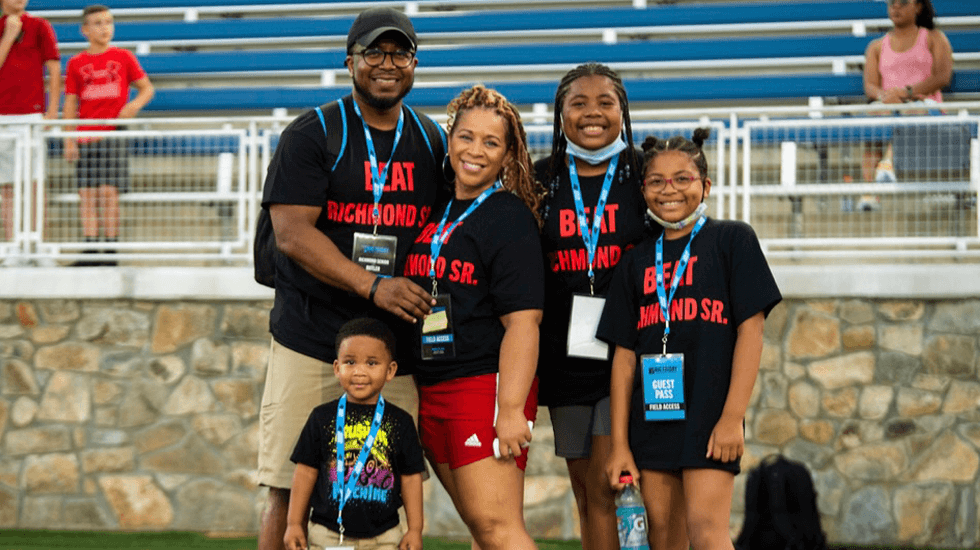


In March 2018, Tamara and Chris got married. In May, they learned they were pregnant. And in June, while honeymooning, Tamara felt a sharp pain in her arm. Back at home, she saw a doctor, who dismissed her pain even though Tamara knew something was wrong. A second doctor said, “Let’s put this to rest,” and ordered an MRI, which identified a mass. This is Tamara’s story.
When Tamara received the news that she had breast cancer, she initially felt confused and overwhelmed. Tamara remembers, “At that point, I still didn’t understand what was going on. I called Chris and he immediately got serious. That’s when I knew something was going on.” But as Tamara began to process the information, she realized, “There’s so much to chew on in this journey. We can take this one bite at a time. As I got more comfortable, I began to ask more questions. I wanted to be able to process what was happening, and I didn’t want to be overwhelmed.”
Following a biopsy—without full anesthesia because of the pregnancy—Tamara and Chris received the official diagnosis: It was triple negative breast cancer. While doctors couldn’t determine the stage at that time due to Tamara’s pregnancy, they knew they needed to begin treatment immediately.
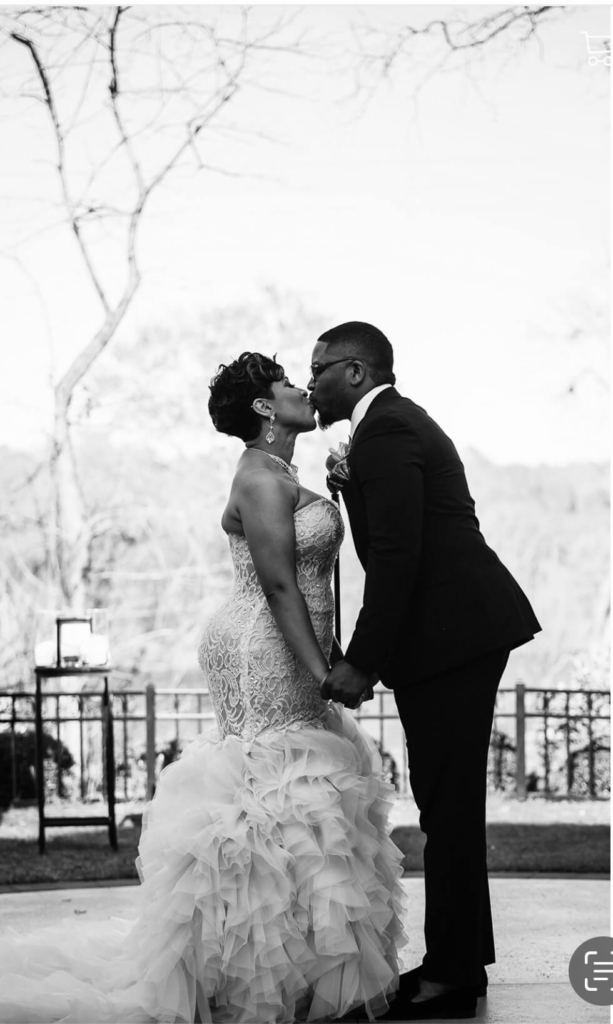
For Chris, Tamara’s diagnosis “was a blur.” He says, “My main focus was making sure my wife was ok and trying to figure out how I could best be there for her. I didn’t know anyone who had gone through what we had gone through. I went into immediate husband mode: How can I support and help? It was a huge gut punch.” He added that he was incredibly thankful for their nurse navigator, who was “very compassionate and very helpful. If it wasn’t for her, I don’t know what we would have done.”
Eventually, doctors determined that Tamara should be induced two months early so that she could proceed with additional chemotherapy and surgery. After a full 56 hours of labor—and four different doctors—her son Teague was born weighing 5 pounds 1 ounce.
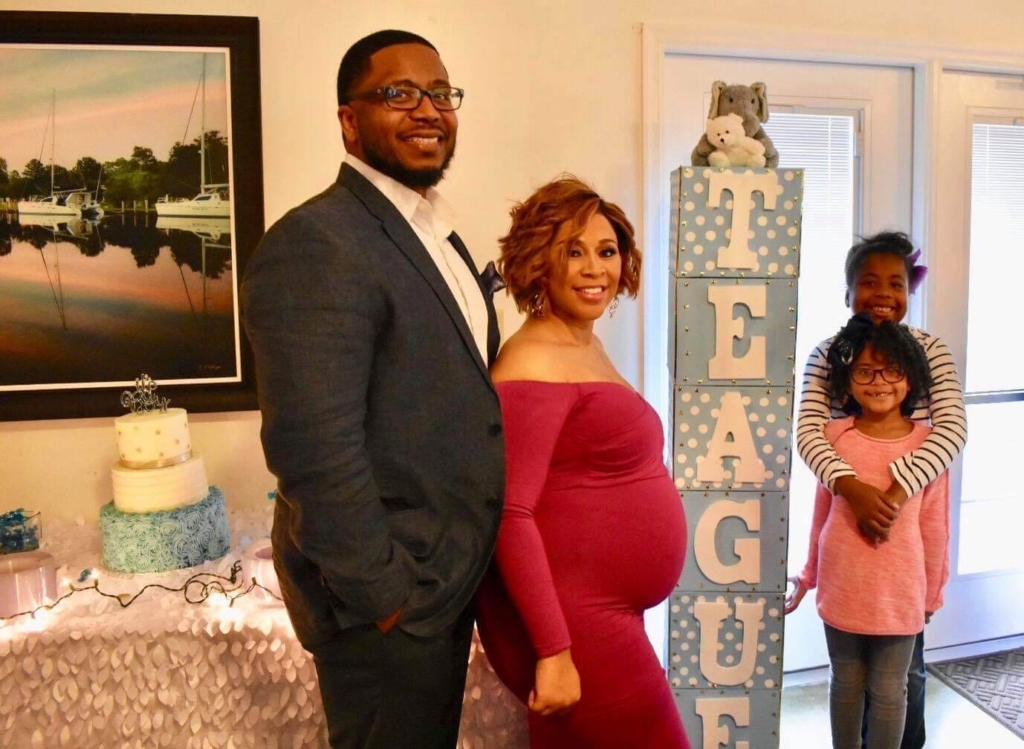
“The aftermath [of the birth] was the hardest. After three days of labor and epidurals, I jumped right back into treatment,” Tamara recalls. “Breastfeeding was off the table because I was going through chemo at the time and because of the cancer. It was really hard. I’d heard so many wonderful stories about breastfeeding being a great bonding experience. It was one more thing that was ripped away from me in this journey.”
After sharing her disappointment about not being able to breastfeed her son, Tamara was “flooded” with encouraging responses from other moms who also hadn’t been able to breastfeed but found other ways to bond with their children: “This gave me a lot of hope. Breastfeeding might be one way to bond, but it’s not the defining thing that you and your child are going to have. We found other ways to bond.”
Following chemotherapy, Tamara had breast surgery to remove the tumor. But due to the complex location of the tumor, the surgeons couldn’t remove it all. “We were really hoping that after all of this, we could have a sense of normalcy, so this was another crushing blow,” said Chris.
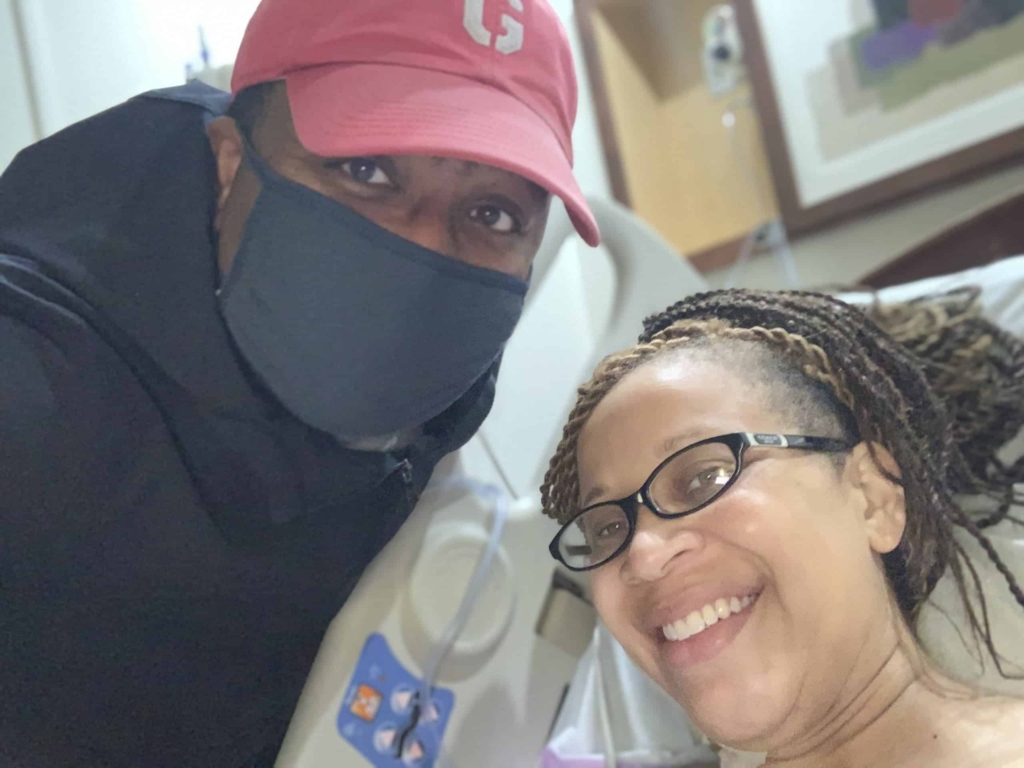
The duo spent the next six months commuting two hours—each way—to Duke University for treatment. After those six months, they were thrilled to receive a clear scan. But soon, one of Tamara’s oncologists had a gut feeling that she should be re-scanned. This second scan revealed another mass in the same location, leading to Tamara’s second breast cancer diagnosis.
With this news, Tamara opted for a mastectomy, which required the removal of three ribs to access the mass, followed by breast reconstruction. But shortly after her mastectomy, Tamara and Chris received more discouraging news. A new scan revealed yet another mass in the same area, and this time the cancer had spread into the lymph nodes.
Today, Tamara is still battling breast cancer—her third round in four years. The chemo she’s currently on is “working great, and the prayer is that it continues to work.”
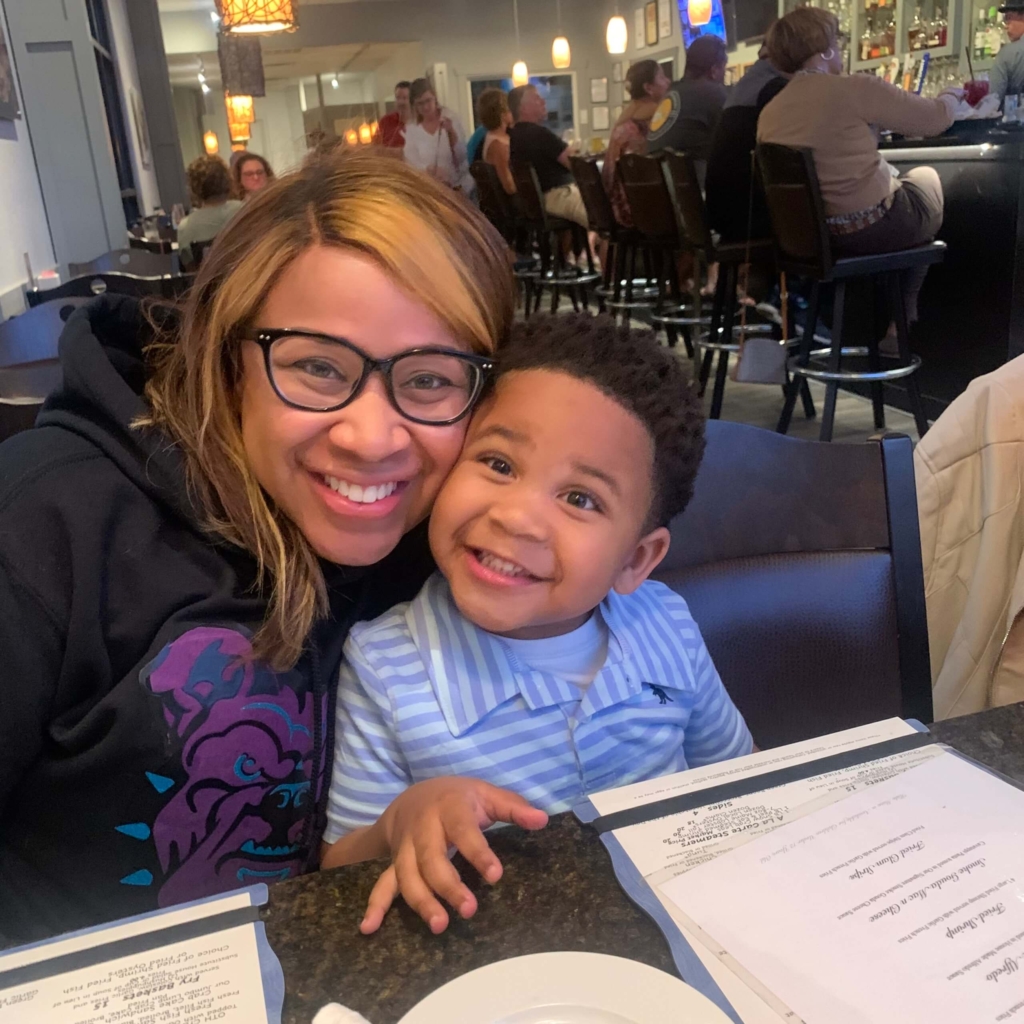
Tamara and Chris encourage others facing a breast cancer diagnosis to advocate for themselves by seeking a second opinion if something doesn’t feel right, and they encourage other couples facing a breast diagnosis to seek counseling during their journey. Chris urges partners and caregivers going through this journey to exercise patience, understanding, and empathy: “I found myself digging deeper—deeper than I ever thought I would have to. In this journey, you realize how precious life is.”
Expanding on his role as a caretaker, Chris shares, “You don’t want to take things for granted. But we’re human, so we can get caught up in emotions. I try to think: Let me be cool. Let me figure out how I can best serve. I don’t think caretakers get asked a lot about how they’re doing. I appreciate when I’m asked, ‘How are you doing?’ because you do endure a lot. It can be very challenging, but it can also be beautiful. You can still have a beautiful marriage even though you’re on a health journey. It’s going to take time and take some digging, but don’t give up.”
National Breast Cancer Foundation is here for you and your loved ones. Whether you need support, education, or help during treatment, we have a team dedicated to getting you the help you deserve.
Hear more about Chris and Tamara’s story in “Living in the ‘Beautiful Mess’: One Husband’s Caretaking Journey.”
Donations are always appreciated, but there are lots of great ways to get involved.

